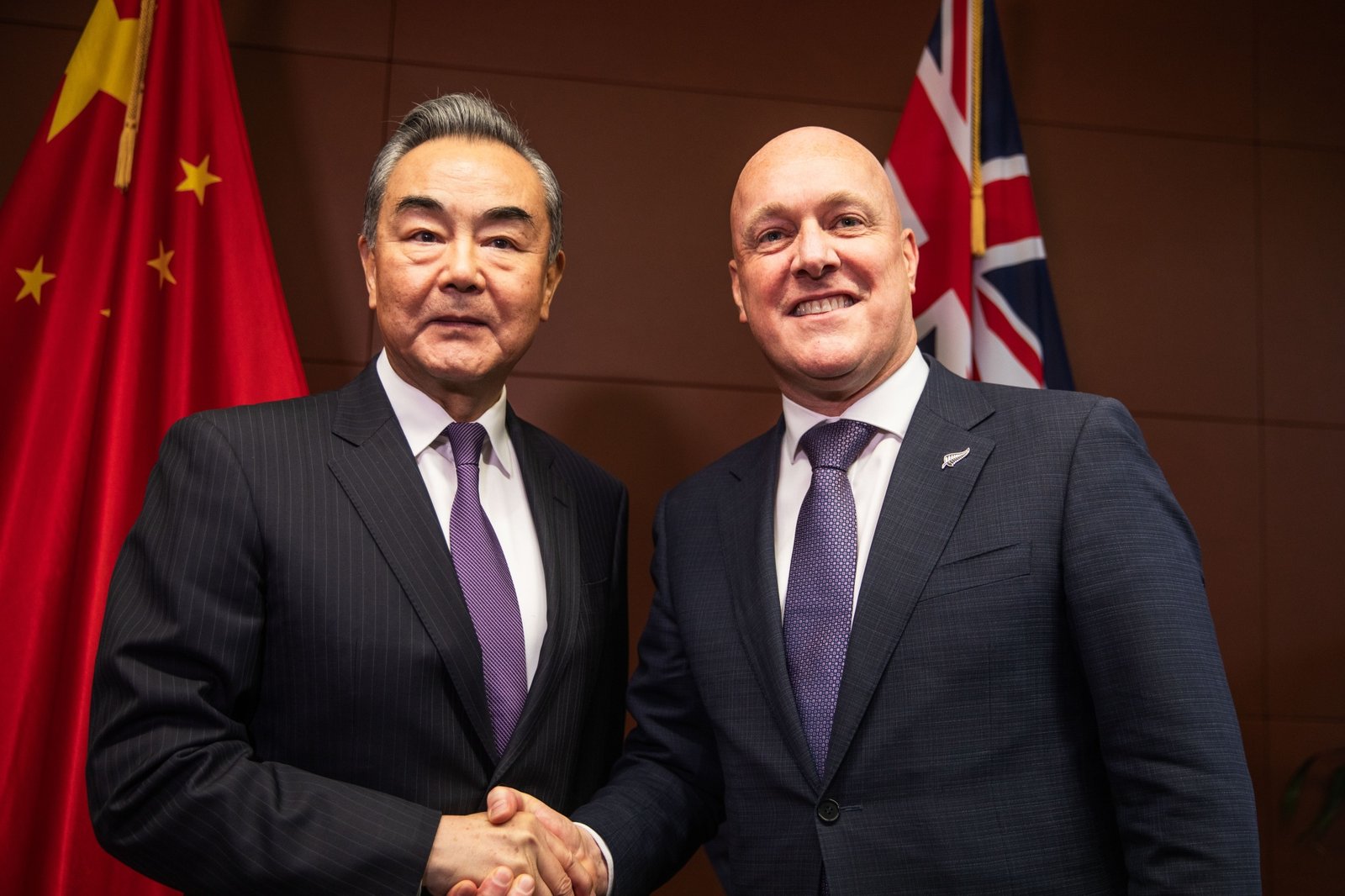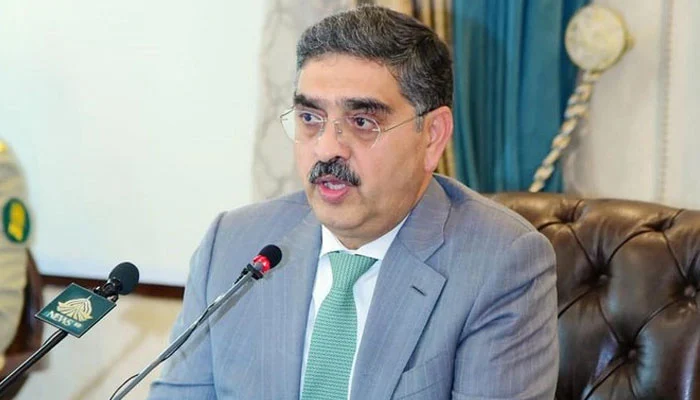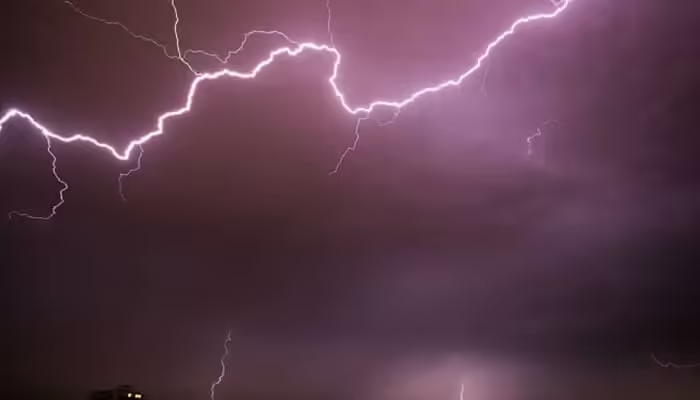Bangladesh has urged Adani Power to fully resume electricity supplies from its 1,600-megawatt plant in Jharkhand, India, after more than three months of reduced sales. The power supply had been halved due to low winter demand and ongoing payment disputes, which led to a shutdown of one of the plant’s units.
The 25-year contract between Bangladesh and Adani, signed in 2017 under former Prime Minister Sheikh Hasina, stipulated the supply of power from Adani’s $2 billion plant, which exclusively sells to Bangladesh. However, in October 2023, Adani reduced supply by half after payment delays caused by Bangladesh’s foreign exchange shortage. This resulted in one of the two 800-megawatt units being shut down on November 1, reducing the plant’s capacity to 42%.
Bangladesh’s state-run Bangladesh Power Development Board (BPDB) has since been paying Adani $85 million monthly to clear outstanding dues, with the intention to pay more to reduce overdue payments. BPDB officials had planned to resume full supply by synchronizing the second unit, but technical issues, including high vibration, delayed the process.
The power dispute also includes a pricing conflict over how power tariffs are calculated. Under the 2017 agreement, power costs Bangladesh about 55% more than the average of all Indian power sold to Dhaka. A Bangladesh court is reviewing the contract, and the results may lead to renegotiations.
The situation is further complicated by allegations of a $265 million bribery scheme involving Adani Group’s founder, Gautam Adani, and other executives. Despite these challenges, both BPDB and Adani are continuing discussions to resolve outstanding issues.



